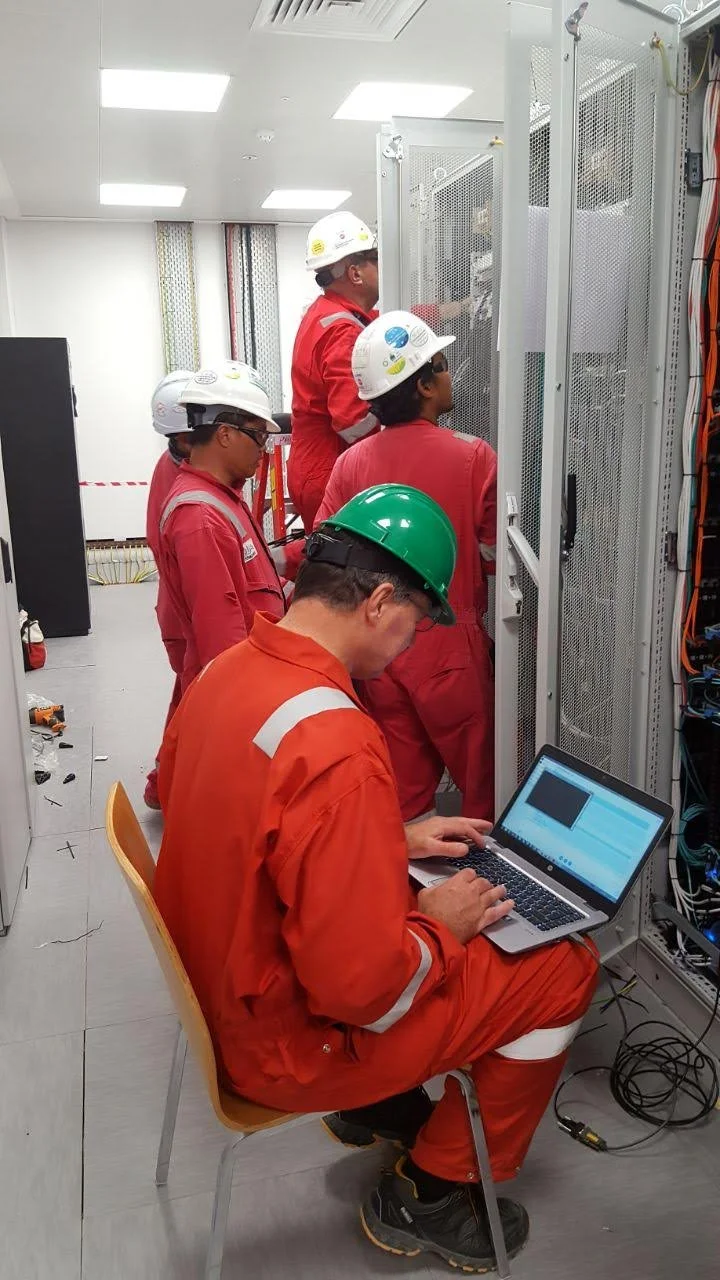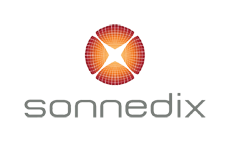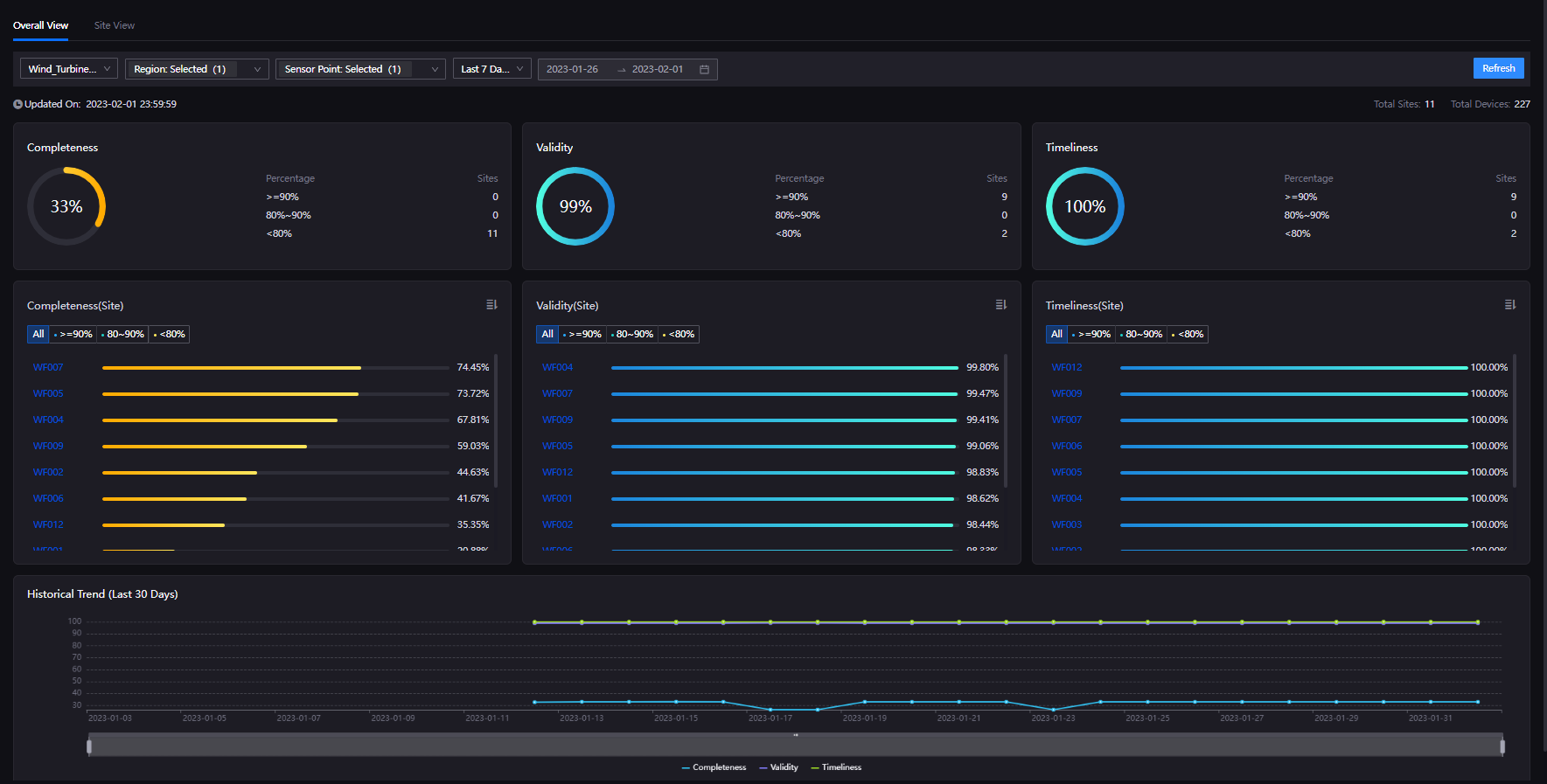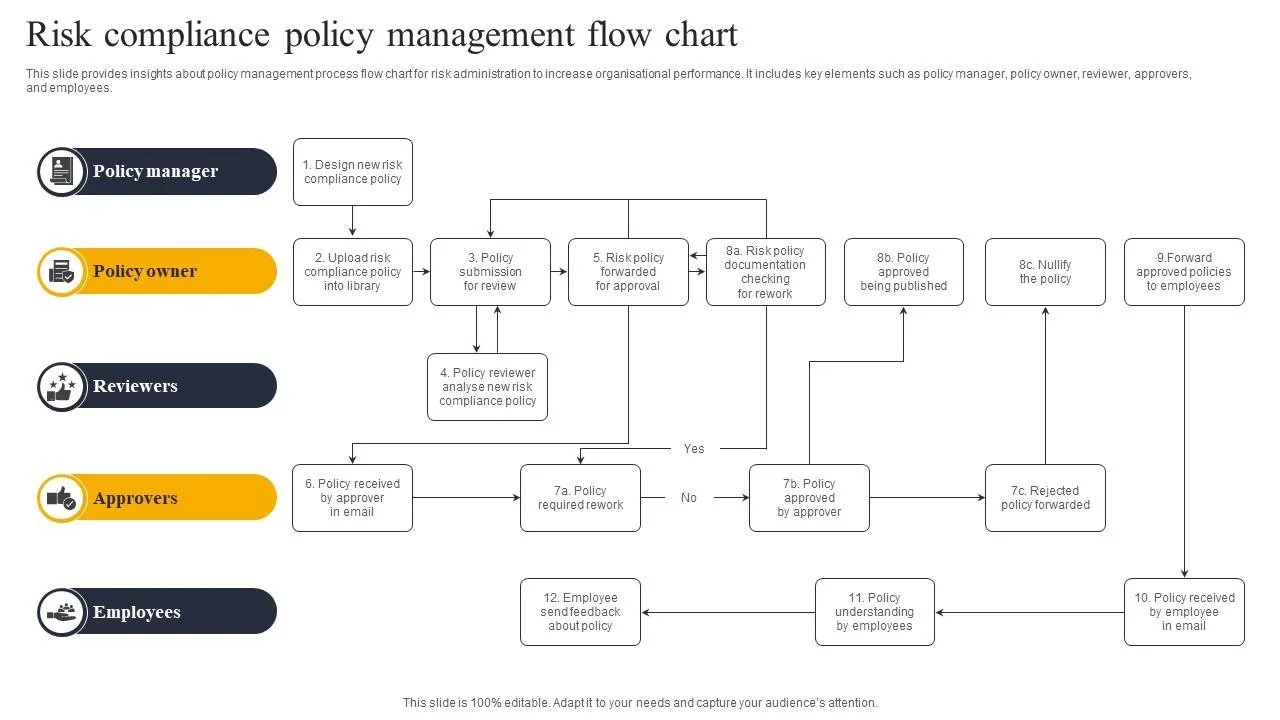SUCCESS STORY 1
From Legacy Chaos to Controlled Decom with AI Intelligence & Regulatory Assurance
Context / Problem
BP’s upstream and downstream businesses had accumulated thousands of digital and physical assets across global operations:
retired wells, aging infrastructure, process manuals, vendor systems
legacy SharePoint sites, file shares, app servers, HSE documentation
scattered registers of equipment, drawings, contracts, safety cases
inconsistent metadata and unknown ownership
This fragmentation created major challenges:
Regulatory exposure under OGUK, HSE, NSTA, ISO 14224
High decom costs due to poor asset lineage and missing data
Shadow IT risks from unknown systems
Inability to prove compliance or track end-of-life decisions
People and knowledge loss as experts retired
Approach
iaai.work deployed an AI-driven Decom Discovery Engine that mapped:
all digital assets (documents, sites, databases, servers, models)
all physical assets (platforms, subsea, pipelines, wells, equipment)
all “people assets” (roles, teams, ownership links, SMEs)
all regulatory tags (HSE, NSTA, OGUK, environmental duty-of-care)
governance controls (retention, classification, risk scores)
Solution
We created a single Decom Intelligence Register that unified:
asset IDs
ownership
lifecycle stage
compliance status
risk and cost metrics
remediation requirements
scheduled end-of-life actions
AI classification of missing metadata
automatic regulatory evidence packs
BP teams could now see every asset they needed to decommission in one place.
Value / ROI
BP achieved measurable impact within 6 months:
BenefitResultReduced Decom Cost Overruns↓ 27% cost reduction via accurate scopingRegulatory Assurance100% HSE/NSTA audit readinessOperational EfficiencyTeams worked 3× faster with AI-generated metadataShadow Asset Reduction42% unknown assets identified & assessedKnowledge ContinuitySME dependency reduced through automated lineage
Why This Applies to Any Asset Class
The BP model generalized perfectly across:
People: owners, SMEs, RACI clarity
Products: lifecycle, certification, change controls
Matters (legal): versions, obligations, audit trails
Data domains: golden records, lineage, architecture
Web Assets: classification, risk, accessibility, privacy
Decom becomes a universal pattern of lifecycle governance.
BP proved that any asset—digital or physical—can be governed with the same intelligence framework.
SUCCESS STORY 2
Scaling Solar Asset Growth with AI-Driven Metadata & Compliance Automation
Context / Problem
Sonnedix manages a rapidly expanding portfolio of solar plants across Europe and LATAM.
Each site had:
unique documentation, permits, and environmental assessments
EPC contracts, O&M manuals, regulatory filings
inconsistent data structures across vendors and geographies
web assets, dashboards, and reporting portals with unclear ownership
disconnected plant data (SCADA, drawings, asset registers)
The business needed:
a unified view of every asset type
strong compliance evidence across EU Taxonomy, ESG, ISO 55000
lower operating costs
AI classification of documents and site metadata
Approach
iaai.work delivered a Solar Asset Knowledge Graph (SAKG) combining:
digital assets
physical components
environmental and regulatory datasets
project contracts and legal obligations
ownership and RACI
site-level performance data
Solution
AI pipelines automatically:
tagged all asset documentation
created metadata for EPC/O&M compliance
detected missing safety & environmental evidence
unified asset lifecycle states (design → build → operate → decom)
generated web governance scores for investor reporting
ensured browsers & portals were secure and WCAG compliant
Value / ROI
BenefitResultFaster Site OnboardingAsset documentation mapped 10× fasterReduced Regulatory RiskESG audit prep time cut from 6 months to 3 weeksOPEX Savings14% reduction through automated metadataImproved Investor ConfidenceTransparent evidence for ESG & taxonomy reportingBetter Knowledge ContinuityNo more orphaned or legacy documentation
Applies to All Asset Classes
The Sonnedix model proves that clean energy growth demands unified, governed assets—just as in law firms, banks, universities, and oil & gas.
SUCCESS STORY 3
Total Matter Lifecycle & Compliance Governance
Transforming 2,000-Lawyer Global Operations Through AI & Structured Governance
Context / Problem
A global law firm (your HSF Kramer example) had:
thousands of matters across dozens of practice groups
strict regulatory obligations (SRA, ISO, DPIA, AML, CDD, DLP, GDPR)
uncontrolled SharePoint/Teams sprawl
massive web estate (microsites, portals, client extranets)
email-based workflows
no unified asset register for matters, documents, people, or data
This created:
compliance gaps
inconsistent evidence for audits
partner risk exposure
escalating IT and KM costs
inconsistent client experience
Approach
We deployed the Legal Asset Intelligence Framework (LAIF) across:
matters
clients
people
documents
data domains
apps
integrations
web assets
Solution
AI pipelines provided:
automated matter classification
AI-driven AML/CDD metadata
versioned evidence packs for GDPR/Data Protection
lifecycle governance (open → work → close → archive → decom)
complete mapping of every legal document, owner, and risk category
accessibility & security scoring of all web client portals
decommissioning of legacy content, apps, and sites
automated partner dashboards showing exposure & compliance status
Value / ROI
BenefitResultReduced Audit Exposure40% fewer compliance exceptionsMatter Efficiency GainsFee-earners saved 2.3 hours per matterIT Rationalisation28% reduction in legacy systems & sitesKnowledge ContinuitySME dependency down by 50%Client Experience UpgradeFaster onboarding & cleaner portals
Universal Asset Pattern
Law firms prove the same idea:
Every asset has owners, a lifecycle, compliance obligations, metadata, and a decom stage.
The model works equally for people, products, matters, data, websites, infrastructure, and regulatory evidence.







